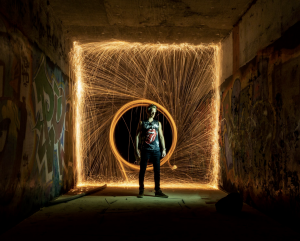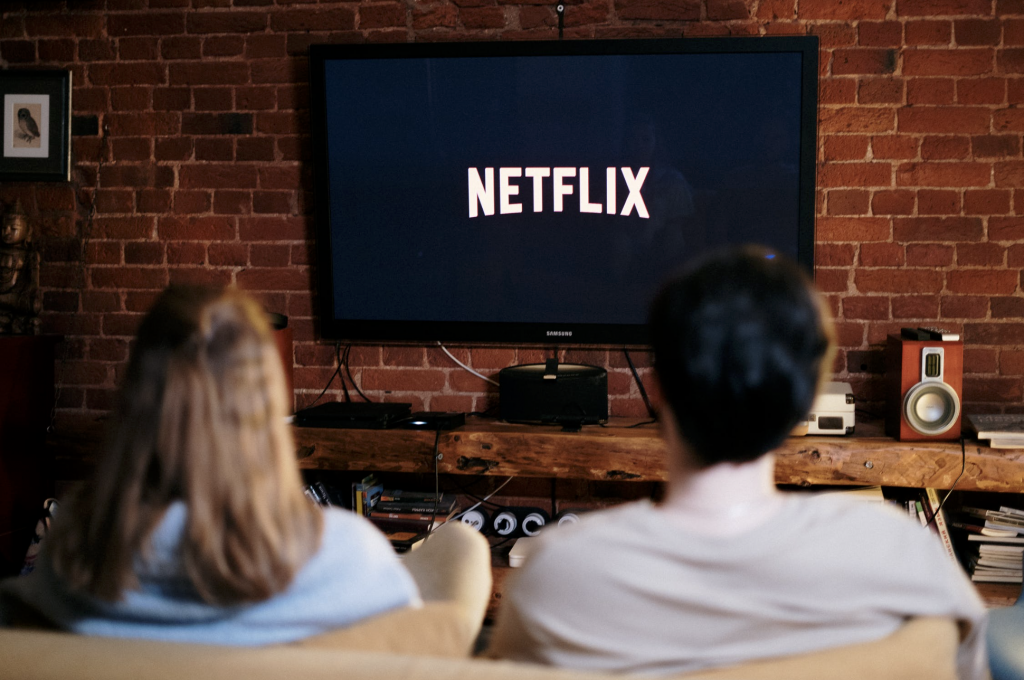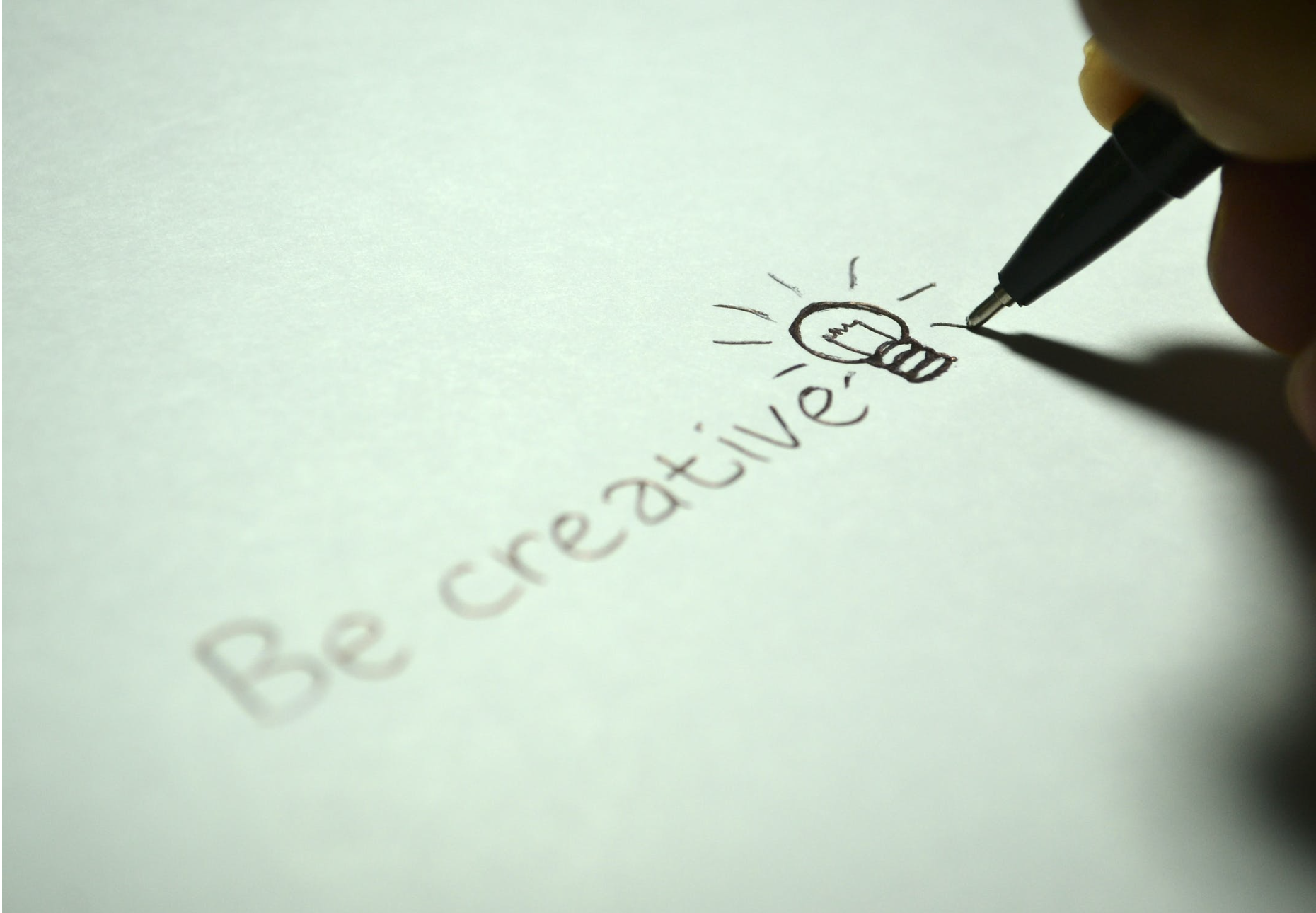
As aspiring artists, we know that art and creativity serve a function – but what, exactly? Nurturing the soul? What does that even mean? Is creativity just a distraction? How necessary is it?
Surely it’s not necessary in the same way that basic survival needs are. We need food, shelter, clothing, access to health care – these are unfortunately not options available to all people, but they’re part of a “basic survival needs” package. Yet the industries propagating arts and entertainment are enormous in scope and profit. So what is the ultimate function of it? How does it better society?
Well, maybe the answer is that it doesn’t need to better society – or at least, not every piece of art needs to be some kind of engineer of social change to have value. In our increasingly tumultuous, circa-2020 landscape, we’re that much more guaranteed to appreciate escapes, and not everything needs to make a grand social statement. Sometimes it might be as simple as allowing your imagination to whisk itself away for hours or minutes at a time – to escape into the world of a song, a movie, a play, or a book.
Of course, there are forms of art that do indeed intend to instigate social change. If you know me personally, you might be familiar with my “Calvin and Hobbes” obsession and that’s in large part due to the kinship I feel with the satirist-meets-philosopher-meets-dreamer personality that the strip embodies. One of the many poignant strips involves Calvin and Hobbes asking one another what the societal function of humour is. “Isn’t it strange,” Calvin asks, “that evolution would give us a sense of humour? When you think about it, it’s weird that we have a physiological response to absurdity. We laugh at nonsense. We like it. We think it’s funny. Don’t you think it’s odd that we appreciate absurdity?” Hobbes, Calvin’s adventure buddy and best tiger friend, responds by saying “I suppose if we couldn’t laugh at things that don’t make sense, we couldn’t react to a lot of life.”
“When the court jester takes potshots at a tyrannical king, he does so to point out what’s wrong with society so that we can recognize problems and fix them.”

There’s humour out there that deals with extremely dark subject matter. We nod our heads in recognition alongside a stand-up comic delivering a joke that lands, because we identify with the emotion or connect to the experience. Or maybe it’s a political comic making the news of the day bearable by turning it into a joke. This is a near-act of alchemy – what was once intolerable is suddenly pleasant and funny. Now we have a physiological release of laughter: a mechanism telling us “I agree with what they’re saying, therefore they must have a point, therefore there’s something here that needs addressing.” When the court jester takes potshots at a tyrannical king, he does so to point out what’s wrong with society so that we can recognize problems and fix them. It turns the darker components of our world into something we can tolerate: a joke.
I believe art serves this same function. But not every story is attempting to make a grand social statement, and those that do are not inherently good. Stories can’t help but be about something, but themes can range from the complex to the deceptively simple: “Courage in the face of adversity”, “Totalitarianism is destructive”, “Tribalism is dangerous”, “Love conquers all.” Sure, some storytellers may handle the same theme more artfully than others (Shakespeare and soap operas have both given the “Love conquers all” theme a spin) but we nonetheless enjoy a wide range of stories because we see ourselves, and our values (or in some cases the values of others), reflected in those themes.
So is that the function of art, humour, and creativity? Reflecting what’s wrong with society and with ourselves back to us in a way that we can digest? I certainly think so. It’s not the only function, but sometimes we don’t want to face what’s wrong with ourselves any more than we want to face what’s wrong with the world. Sometimes repackaging these things as humour, social criticism, or entertainment makes them easier to deal with. Then we act on those impulses and perhaps channel them into making a difference in the real world. There’s a reason totalitarian regimes and dictators are so averse to satire – they don’t want to be proven wrong! Thankfully art also provides an escape – and after the seven hells this year has brought with it, I think we’ve all earned a Netflix binge.
(Credit for featured image: Pixabay.)












